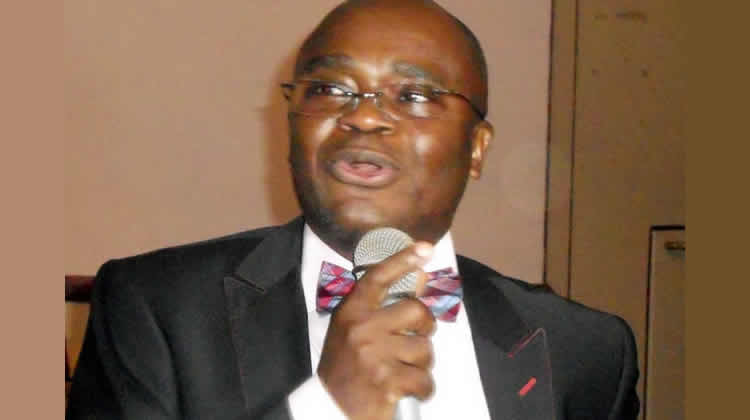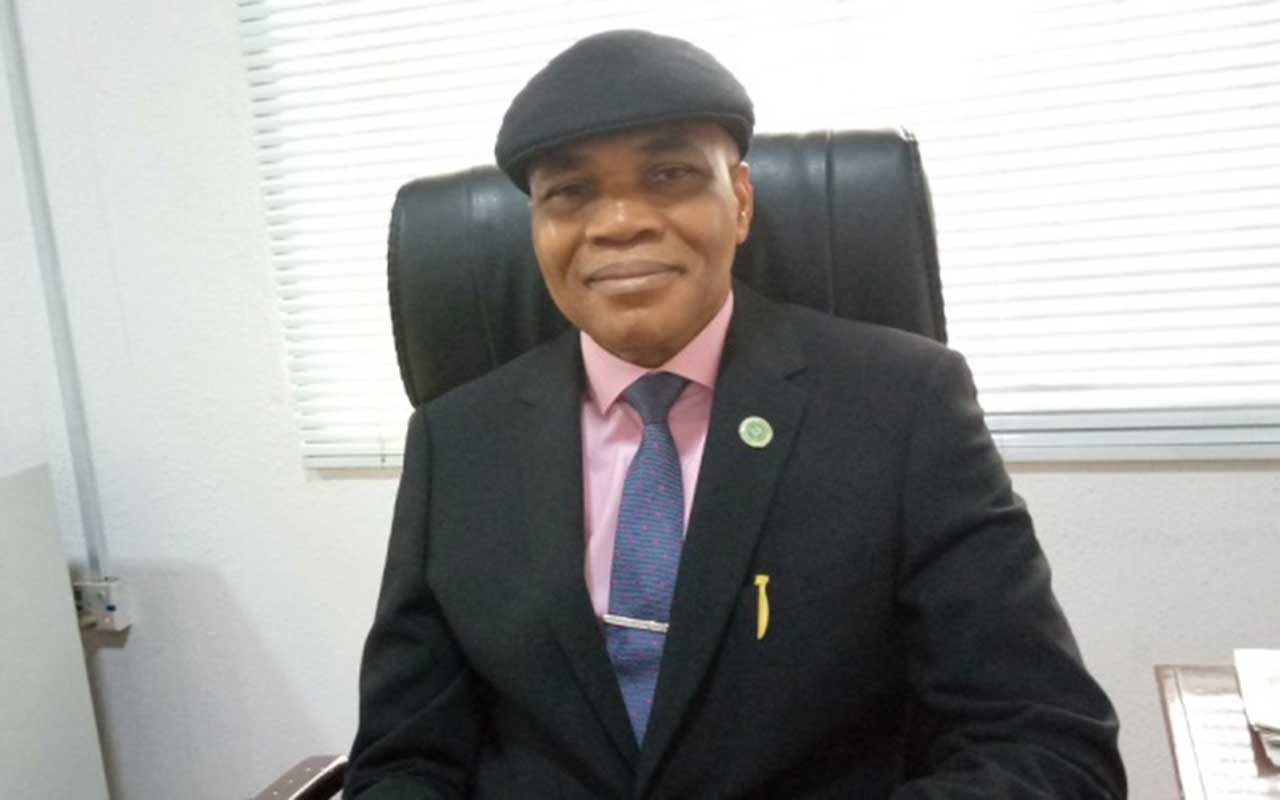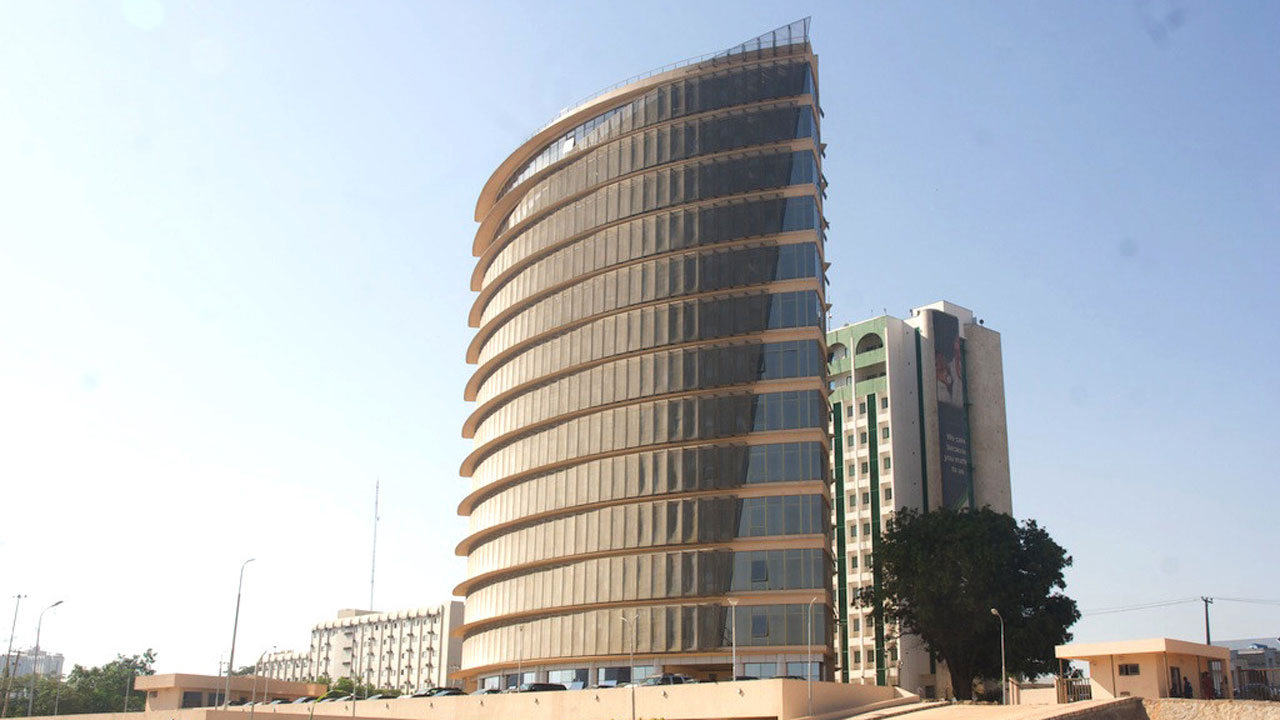•Cardoso-led CBN recovers N2tr intervention loans
The Central Bank of Nigeria (CBN) has maintained its tight monetary policy stance, retaining the monetary policy rate (MPR) unchanged at 27 per cent at the close of its Monetary Policy Committee (MPC) meeting yesterday.
It adjusted the asymmetric corridor to +50/-450 basis points, a band that stimulates credit creation.
All 12 members of the committee attended its 303rd meeting in Abuja.
Announcing the decisions, CBN Governor, Olayemi Cardoso, said the MPC opted to hold rates to consolidate the steady decline in inflation and preserve hard-won macroeconomic stability.
The committee also retained the cash reserve ratio (CRR) for deposit money banks at 45 per cent, merchant banks at 16 per cent and 75 per cent for non-Treasury Single Account (TSA) public sector deposits, while the liquidity ratio was kept at 30 per cent.
The MPC welcomed what it described as a “favourable and encouraging” disinflation trend, with headline inflation declining for the seventh consecutive month to 16.05 per cent in October 2025, down from 18.02 per cent in September.
While lauding the speed of inflation, Cardoso said, “We have moved from a period of instability to one of confidence. Stability is the foundation of sustainable growth, and it is that stability investors have been waiting for.”
The governor noted that Nigeria’s foreign exchange market is now operating at a level of transparency and liquidity ‘never seen before,’ with willing-buyer-willing-seller transactions averaging $500 million daily, largely without CBN intervention.
Rate differentials between FX windows have narrowed to just two per cent, compared to 60 per cent at the height of market distortions, the governor said. His external reserves climbed to $46.7 billion by mid-November, providing 10.3 months of import cover.
The CBN chief added, “For the first time in years, Nigerians can travel and transact with their naira cards without fear. Those days of scrambling for foreign exchange are behind us.”
Nigeria’s GDP grew by 4.23 per cent in Q2 2025, up from 3.13 per cent in Q1, while the Purchasing Managers’ Index (PMI) surged to 56.4 points in November, which is the highest in five years, signalling an increasingly positive outlook for Q3 and Q4.
Cardoso linked the improved growth outlook to rising non-oil exports, a more competitive exchange rate, stronger oil production and increased portfolio inflows attracted by policy consistency.
The governor reported strong progress in the ongoing banking sector recapitalisation, revealing that 16 banks have fully met the revised capital requirements, while 27 others have raised additional capital.
He said the new capital buffers would improve resilience, support the regional operations of Nigerian banks and provide stronger backing for Nigerian businesses across Africa.
Cardoso described Nigeria’s recent removal from the Financial Action Task Force (FATF) grey list as “a major statement of credibility,” crediting the achievement to unprecedented collaboration among the critical agencies.
“It is not just a compliance badge. It signals to the world that Nigeria meets minimum global standards and is serious about financial integrity,” he said.
Speaking on interventions embarked upon by the CBN in recent times, Cardoso revealed that historical intervention programmes amounted to N10.93 trillion, with outstanding liability estimated at N4.69 trillion or 43 per cent.
He hinted that the CBN has recovered N2 trillion since he assumed office.
“These interventions created distortions and moral hazards. With our hands tied, we are shifting to a model where we use our convening power to attract development finance, not compete with it,” he stated.






